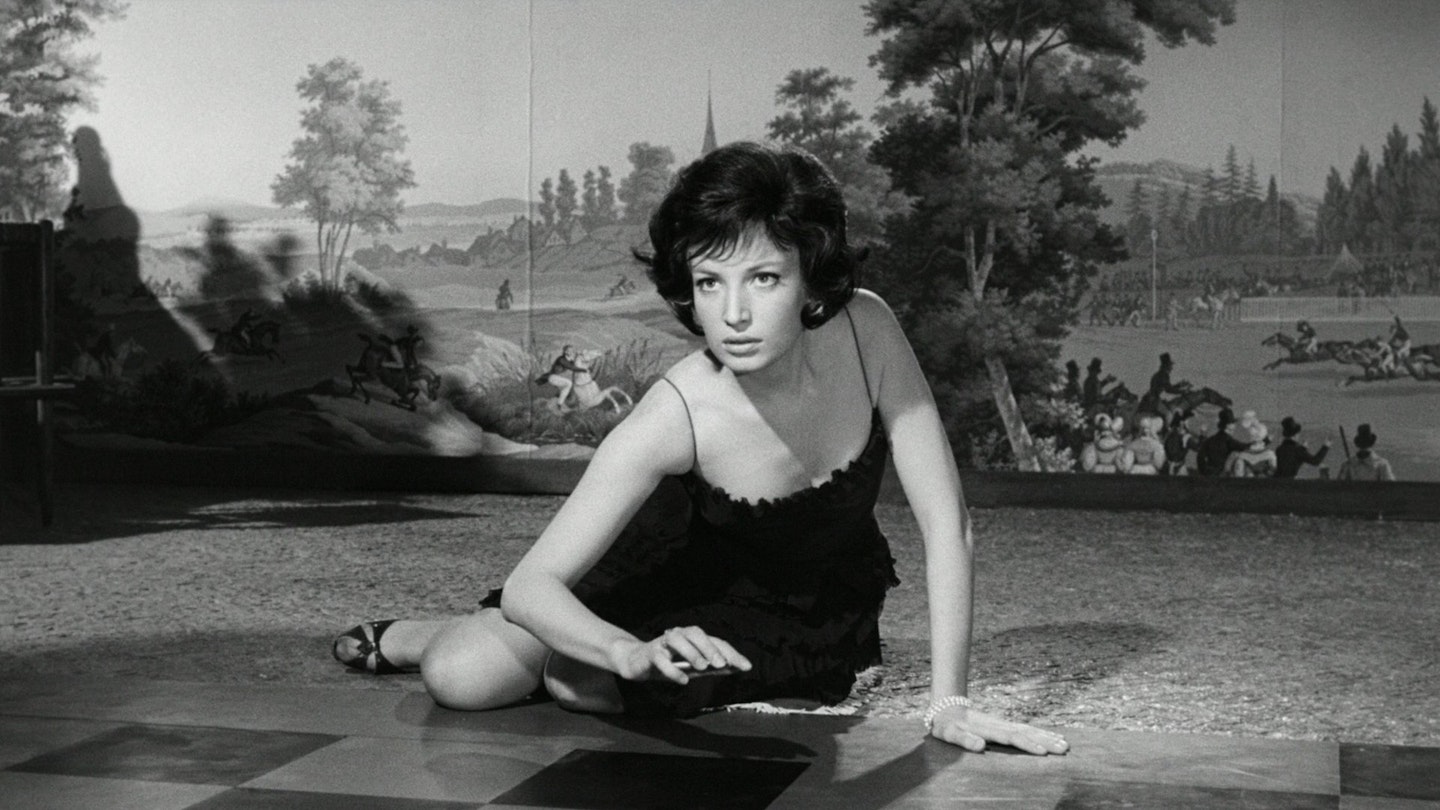This is the central segment of Michelangelo Antonioni's `alienation' trilogy that also comprises L'Avventura and L'Eclisse. Once again, the inability to communicate in a dehumanising society is the pivotal theme and Antonioni moves his characters with chilling precision around a city that's every bit as barren and hostile as L'Avventura's volcanic island.
Ostensibly, Lidia and Giovanni have an enviable lifestyle. They attend a book reception, patronise a trendy nightclub and receive an invitation to a wealthy industrialist's estate. But they don't enjoy anything and are so innured by habit and indifference that they manage to avoid adultery more through boredom than fidelity and only make love on the golf course out of mutual self-pity rather than any conviction that they can save their decaying 10-year marriage.
But, they're not alone. The film's sole sympathetic character is the dying Tommaso. But even the hospital visit is disrupted by a nymphomaniac (Puzi)'s bid to grab Giovanni, who only escapes thanks to the intervention of two callous nurses. This encounter finds ironic echo in Giovanni's dogged and pointless pursuit of Valentina at her father's mansion and his empty attempts at seduction are thrown back at him when he fails to recognise the love letter that Lidia reads to him before they screw without passion on the grass. This exposure of the emptiness of Giovanni's prose suggests his failure as a novelist, as while he is commercially successful, he no longer has anything worthwhile to say.
La Notte is every bit as technically accomplished as L'Avventura, with Gianni Di Venanzo's camera following the action with meticulous fluidity or spying through the rain-spotted car windows to record Lidia and Robert's wordless conversation. But it's never as dramatically satisfying, with its depiction of a bleak existence relying too heavily on the laboured symbolism of Lidia's walk through the redeveloped Milanese suburbs where she had once been content and the contrast between Valentina's vibrant attitude to life and art and Giovanni's flaccid ennui. This may have won the Golden Bear at Berlin, but it lacks the desperate humanity of its triptych companions.
